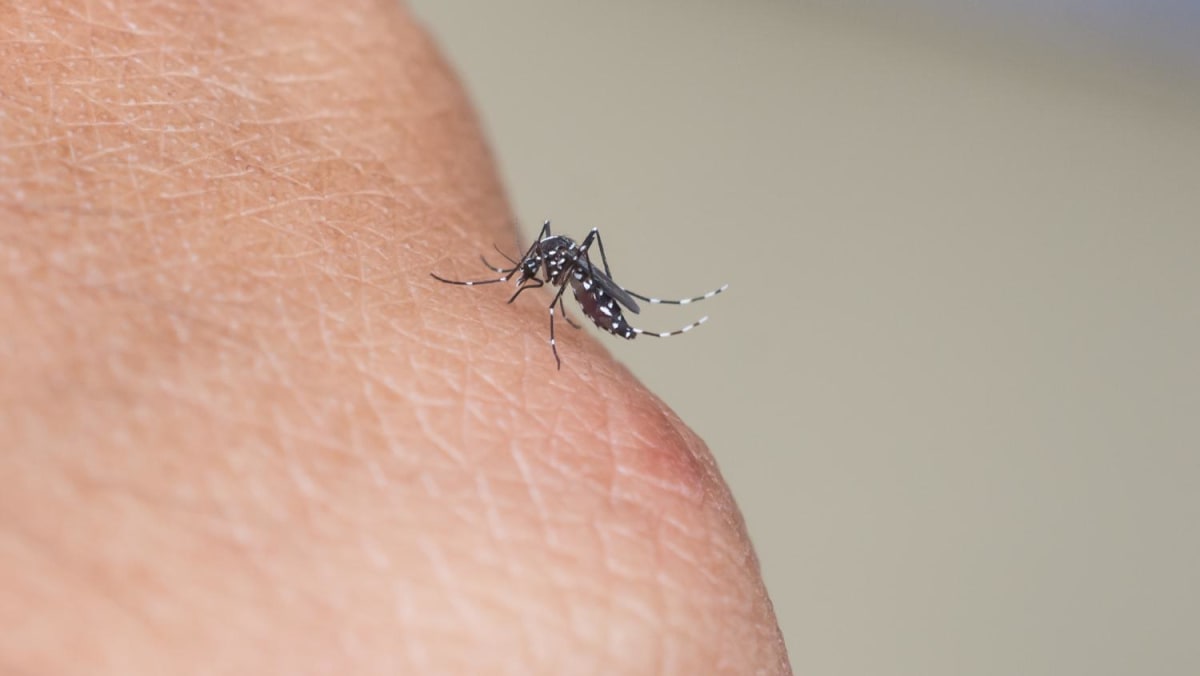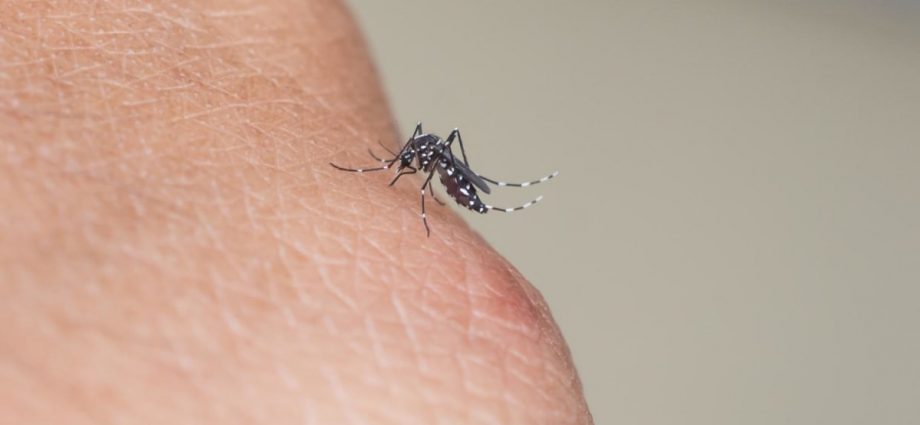
Keeping new and emerging infectious diseases from entering the country, however, is a different ballgame, said experts.
“We’re quite lucky because where we’re located, we don’t get all the big storms and hurricanes, so we are not as prone to water-borne diseases,” said Associate Professor Yann Boucher from the Saw Swee Hock School of Public Health.
“But the problem for Singapore is that because it’s a travel hub, diseases are going to come from some other places,” he added, pointing to diseases such as monkeypox, COVID-19 and Zika which were all imported into the country.
While Singapore has ramped up efforts to boost surveillance of infectious diseases – including testing wastewater – experts CNA spoke to said more needs to be done to understand what is happening in other countries.
Pointing to a Group B Streptococcus outbreak in 2015 in Singapore, which landed more than 160 people in hospital, Assoc Prof Cook highlighted the importance of sharing information.
The same strain had also been reported in freshwater fish in other Southeast Asia countries including Thailand and Vietnam. Subsequently, laboratory investigations found a strong link with consuming raw freshwater fish including raw Asian bighead carp and snakehead, which eventually led Singapore to ban the use of raw freshwater fish in all ready-to-eat raw fish dishes.
“It’s a clear example of how people would benefit from knowing more about what’s happening in other countries,” he said.
Echoing his sentiment, Assoc Prof Boucher said surveillance of infectious diseases needs to be looked at more universally rather than being limited to each country.
“You can’t fight an enemy if you don’t know what it is,” he said.
“We need to know what’s going on in other countries and how the disease could come to Singapore because the disease will appear in other places and then, through travel, it could appear here.”
“The pandemic was a wake-up call for many countries, but you also need the public to buy in that this is a worthwhile endeavour and to support efforts to ramp up surveillance to monitor the spread of diseases,” he added.
GETTING TO THE ROOT OF THE PROBLEM
Beyond stepping up surveillance, Singapore has also made infrastructural changes to help mitigate the spread of diseases.
This includes ensuring proper ventilation in buildings and having a good drainage system to prevent water-borne diseases.
In 2005, after a large dengue outbreak, the country also modified its building codes to ban roof gutters on new buildings, in a bid to reduce sites for mosquitoes to lay their eggs.
However, as temperatures continue to climb, experts said infectious diseases as well as heat-related health risks will only worsen.
“With more droughts and a couple of degrees hotter, there’s going to be a greater risk of fires and so, over a long period of time, it will be similar to being a smoker because there’s always more pollution in the air,” said Professor Dale Fisher from NUS Yong Loo Lin School of Medicine.
“During haze, we also know that hospitals fill up because people are wheezing, coughing and short of breath, so it definitely provokes acute players of disease and people with chronic disease and asthma,” he added.
This will place greater pressure on Singapore’s healthcare resources in the long term, with the country already facing challenges such as an ageing population and the growing overuse of antibiotics, he said.
Ultimately, experts said the focus should be on slashing emissions to address the problem of climate change.
“We can build buildings so that the airflow doesn’t go between apartments to reduce transmission and other solutions to manage the spread of infectious diseases but these do not eliminate the problem,” said Assoc Prof Boucher.
“If we don’t think long term and start cutting down our carbon emissions then, it’s going to be much worse in the future,” he added.
“We need to take better care of our environment and realise that what we do to our environment will affect us.”

